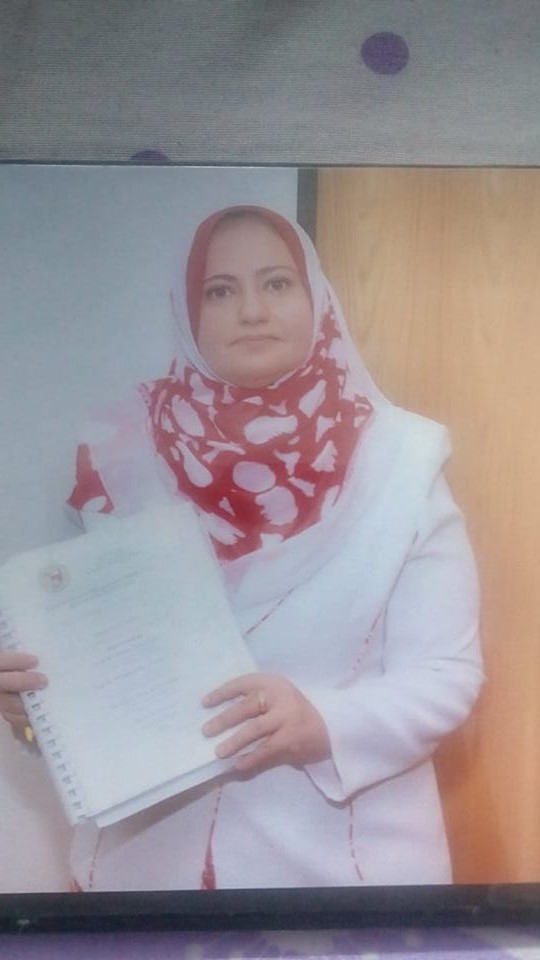Abstract
Introduction: Breast cancer (BC) is the most common malignant tumor in females in almost all of countries with highest age-adjusted incidence in developed countries (73%) and includes the 23% of all types of cancers. World Health Organization (WHO) report shows that this prevalence rising 2% per year. As a matter of fact, BC is responsible for most of deaths due to cancer in women all over the world. According to surveys which were globally conducted, the overall rate of BC is higher in American and European women compared to the Asian, and it may be related to the life style of Asian population.
Aim of the work: Aim of this work was to determine the diagnostic value of BRCA1 gene mutations in female patients with breast cancer, also to correlate them with the presence or absence of family history of breast cancer and to allow identification of individuals at high risk.
Patients and Methods: The study was carried on fifty women, included twenty-five female patients with breast cancer presented to Medical Oncology Department at Sohag University Hospital from 2015 to 2017, their age ranged from (25-70 years). Patients were diagnosed by clinical examination and confirmed by mammography and surgical biopsies; fine needle aspiration cytology (FNAC) or core needle biopsy (CNB) and CA15-3. Other twenty-five women were healthy control not relatives to the patients.
Results: Our study suggested that the prevalence of BRCA 1 mutations is lower in Sohag
Conclusion: Also, the low percentage of the 185delAG mutation in BRCA1 in BC suggested that is insufficient to justify screening in the Egyptian population. Our study suggested that the prevalence of BRCA 1 mutations is lower in Sohag. So, complete BRCA 1 genes sequence analysis might
.be required for identification of specific mutation in Egyptian
Key words: BRCA 1, mutation, Breast Cancer.

